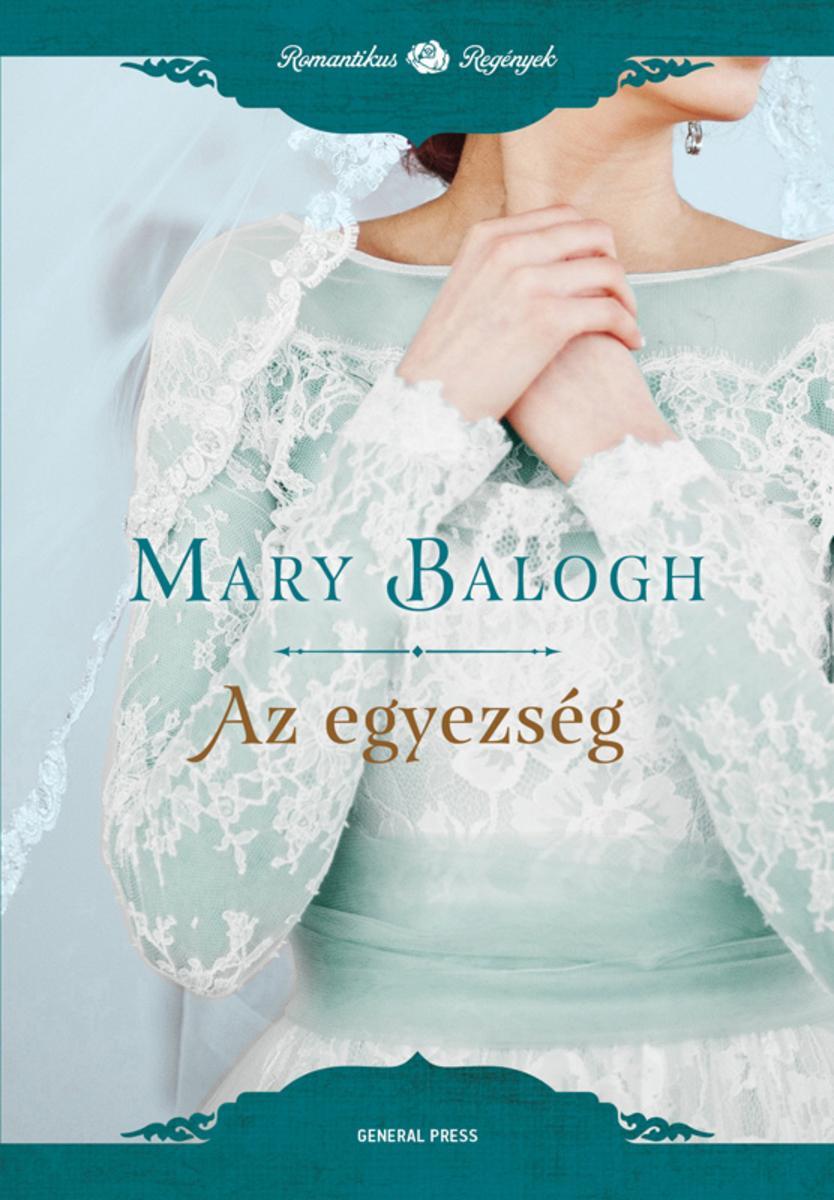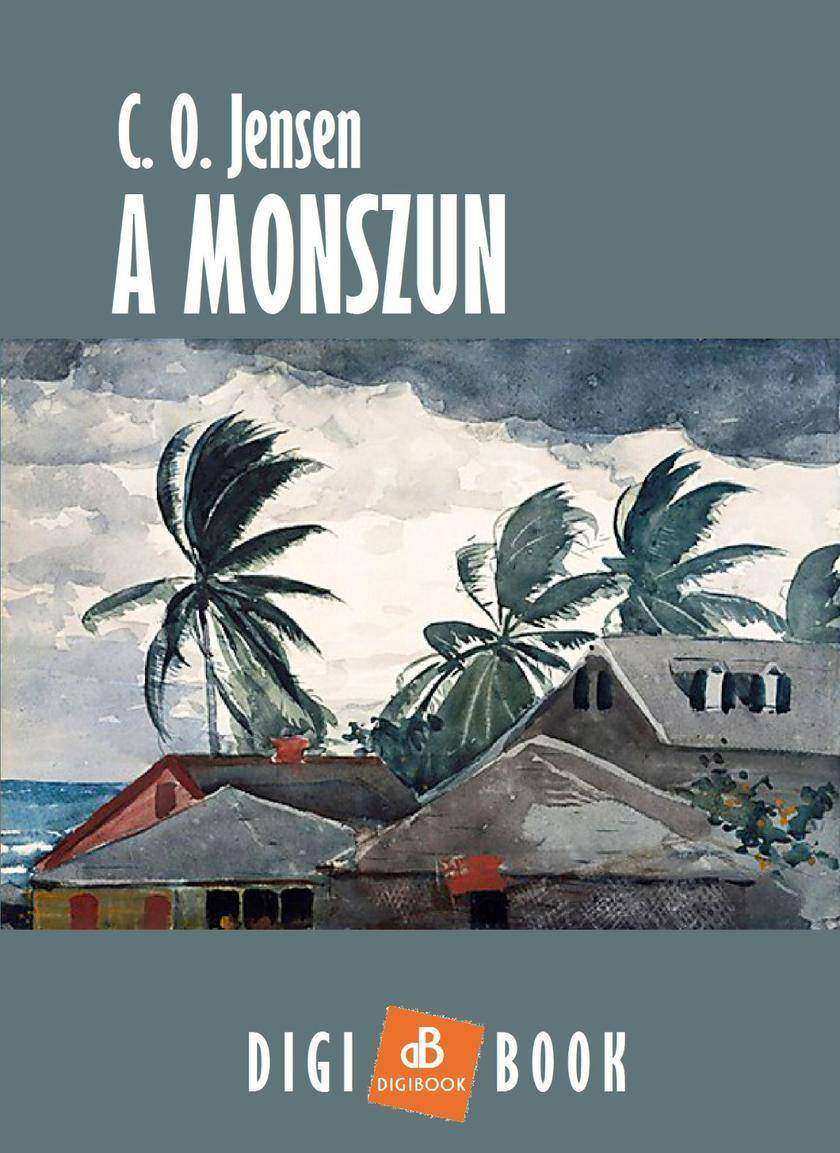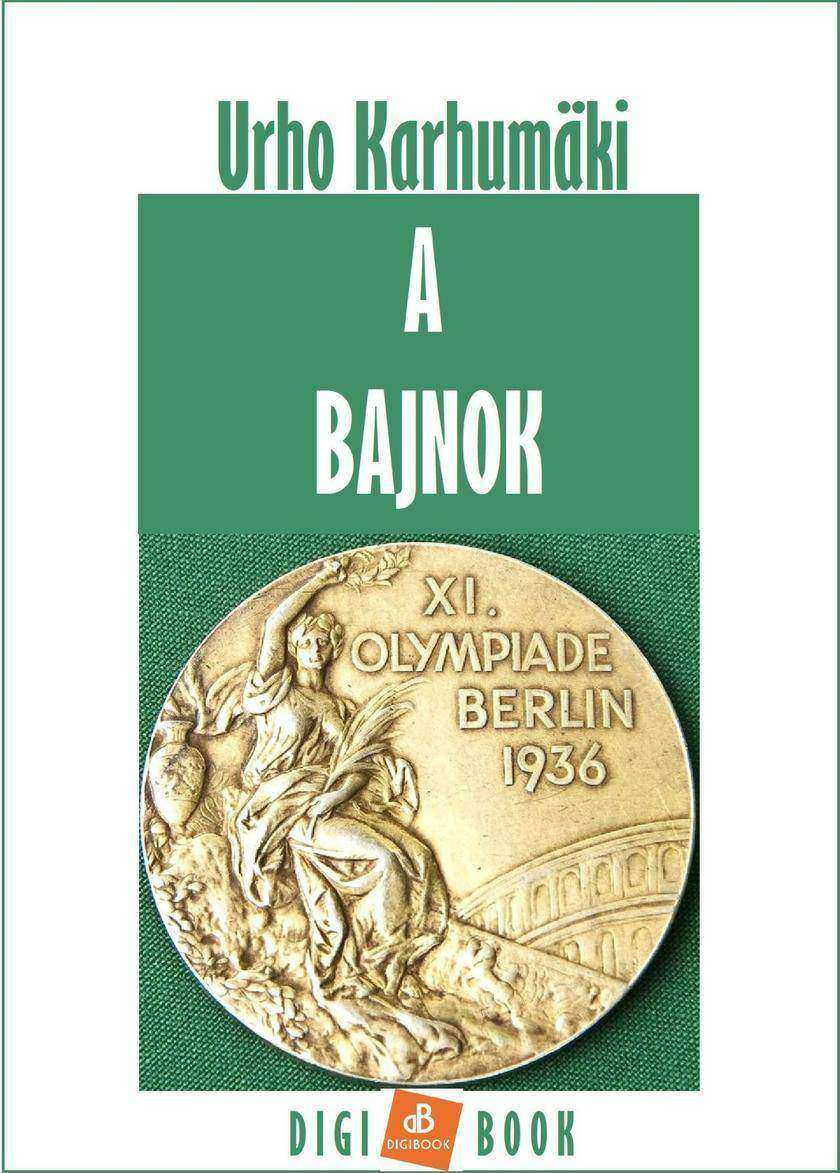
Pillangók szigete
¥20.36
Pillangók szigete

Engedetlen arajel?lt
¥20.36
Engedetlen arajel?lt

Szívhang 564–565. - Szívz?r
¥40.79
Szívhang 564–565. - Szívz?r

Utolsó lélegzetig
¥101.78
Utolsó lélegzetig

Veled Párizsban
¥20.36
Veled Párizsban

Els? az étel
¥81.34
Els? az étel

?s a mese valósággá válik…
¥20.52
s a mese valósággá válik…

Az elkényezetett gyerek legendája
¥72.59
Az elkényezetett gyerek legendája

Boldogság családi csomagolásban
¥46.60
Boldogság családi csomagolásban

Csapdába csalva: 3 t?rténet 1 k?tetben
¥52.48
Csapdába csalva: 3 t?rténet 1 k?tetben

Szerelem z?ldben, Erd? mellett, Jóvátétel
¥52.48
Szerelem z?ldben, Erd? mellett, Jóvátétel

?des, akár a tiltott gyüm?lcs: Júlia 650.
¥20.36
des, akár a tiltott gyümlcs: Júlia 650.

Elhalasztott esküv? (Corretti-krónika 8.)
¥46.60
Elhalasztott esküv? (Corretti-krónika 8.)

Apja lánya
¥101.78
Apja lánya

A romantika receptje, Lapzárta: Bianca 315?316.
¥49.54
A romantika receptje, Lapzárta: Bianca 315?316.

Az egyezség
¥67.12
Az egyezség

Szederhold
¥69.65
Szederhold

Berger Valentin úr orra
¥26.08
Berger Valentin úr orra

A Monszun
¥20.11
A Monszun

A bajnok
¥34.91
A bajnok

Júlia 598. (Váratlan vendég)
¥18.56
Júlia 598. (Váratlan vendég)




 购物车
购物车 个人中心
个人中心



